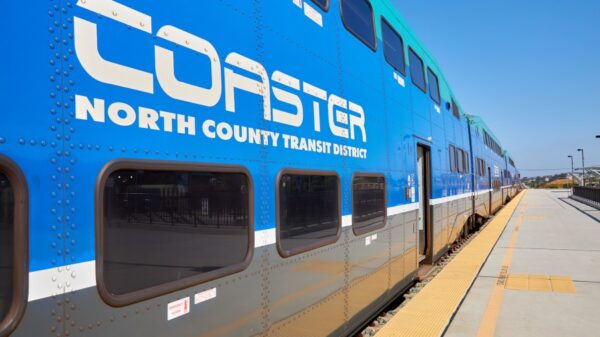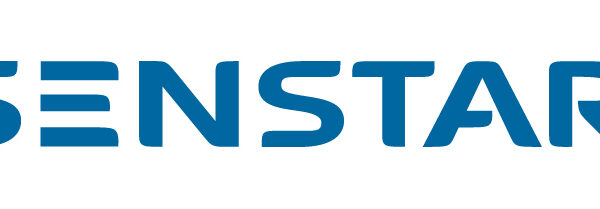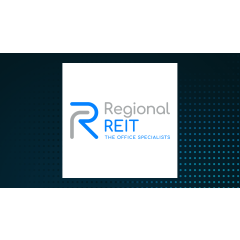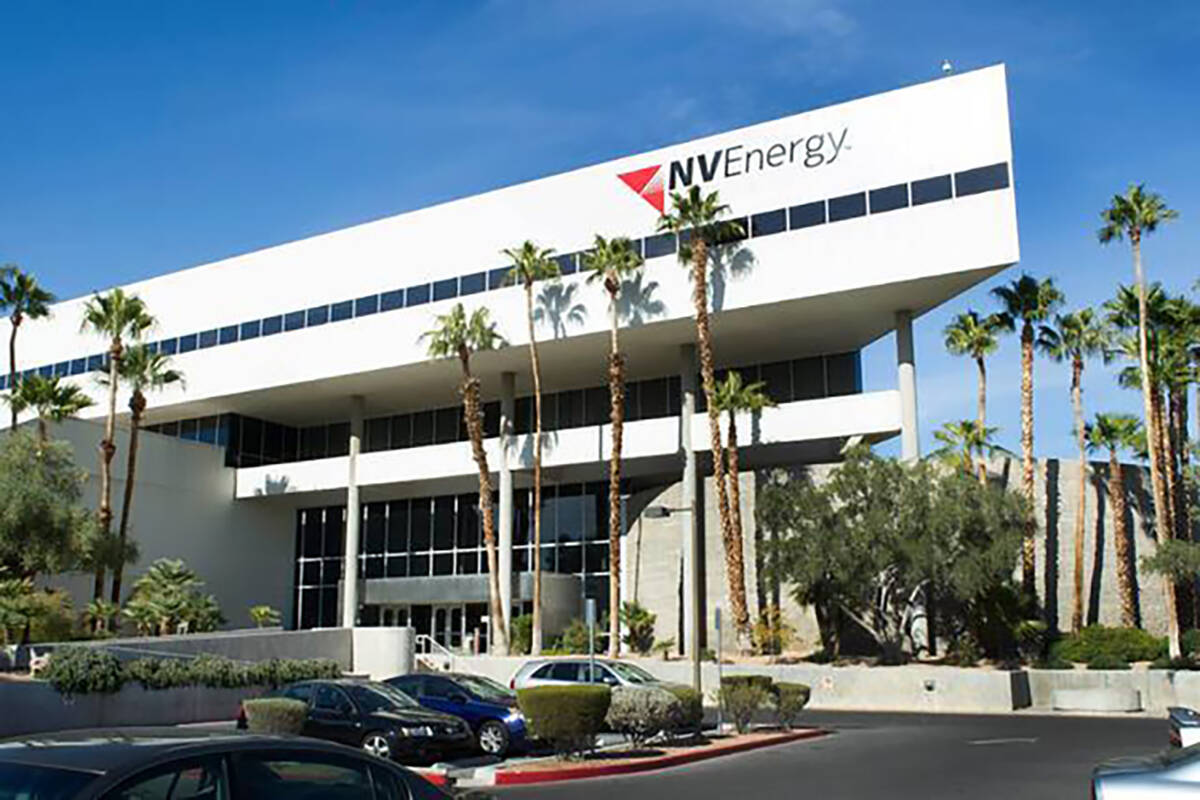Residents of Nevada are expressing concerns over a new billing structure introduced by NV Energy, which is set to increase energy costs for many households. The utility company announced changes that include a “demand charge,” a fee that will likely affect customers during peak energy usage hours. This decision has been met with skepticism and frustration from the community, particularly as the summer months approach and air conditioning use rises.
Customer Reactions to Billing Changes
During a recent news segment, a spokesperson for NV Energy claimed that “some customers may actually see a decrease” in their bills. This statement prompted disbelief among residents, many of whom feel that such assertions are misleading. One local resident humorously suggested that the utility might consider writing children’s books, given the seemingly fantastical nature of the claims.
The introduction of the demand charge is designed to reflect the costs associated with providing energy during peak times, which typically align with the highest air conditioning usage. Critics argue that this change is another example of a “sleight of hand” tactic, where customers are led to believe they might benefit when, in reality, many are likely to see an increase in their monthly bills.
Understanding the Demand Charge
The demand charge is a fee that utilities impose based on the highest level of electricity drawn during peak demand periods. As the summer heat intensifies, the demand for energy rises significantly, particularly during the hottest hours of the day. For residential customers, this means that their energy bills could rise sharply as they rely more heavily on air conditioning.
Community advocates are urging residents to closely monitor their energy usage in response to these changes. They warn that the new billing structure could disproportionately affect low- to middle-income families who may not have the means to adjust their energy consumption patterns significantly. Residents are encouraged to explore energy-saving measures to mitigate potential increases in their bills.
As Nevada continues to experience growth, the demand for energy is expected to rise. With the change in billing practices, residents are left grappling with how to manage their energy use while keeping costs in check. The skepticism surrounding NV Energy’s latest move highlights the ongoing tension between utility providers and consumers, particularly as households face increasing financial pressures.
In the coming weeks, community forums are expected to address these changes and provide residents with a platform to voice their concerns and seek solutions. As the situation develops, many will be watching closely to see how NV Energy responds to customer feedback and whether adjustments will be made to the new pricing structure.





































































